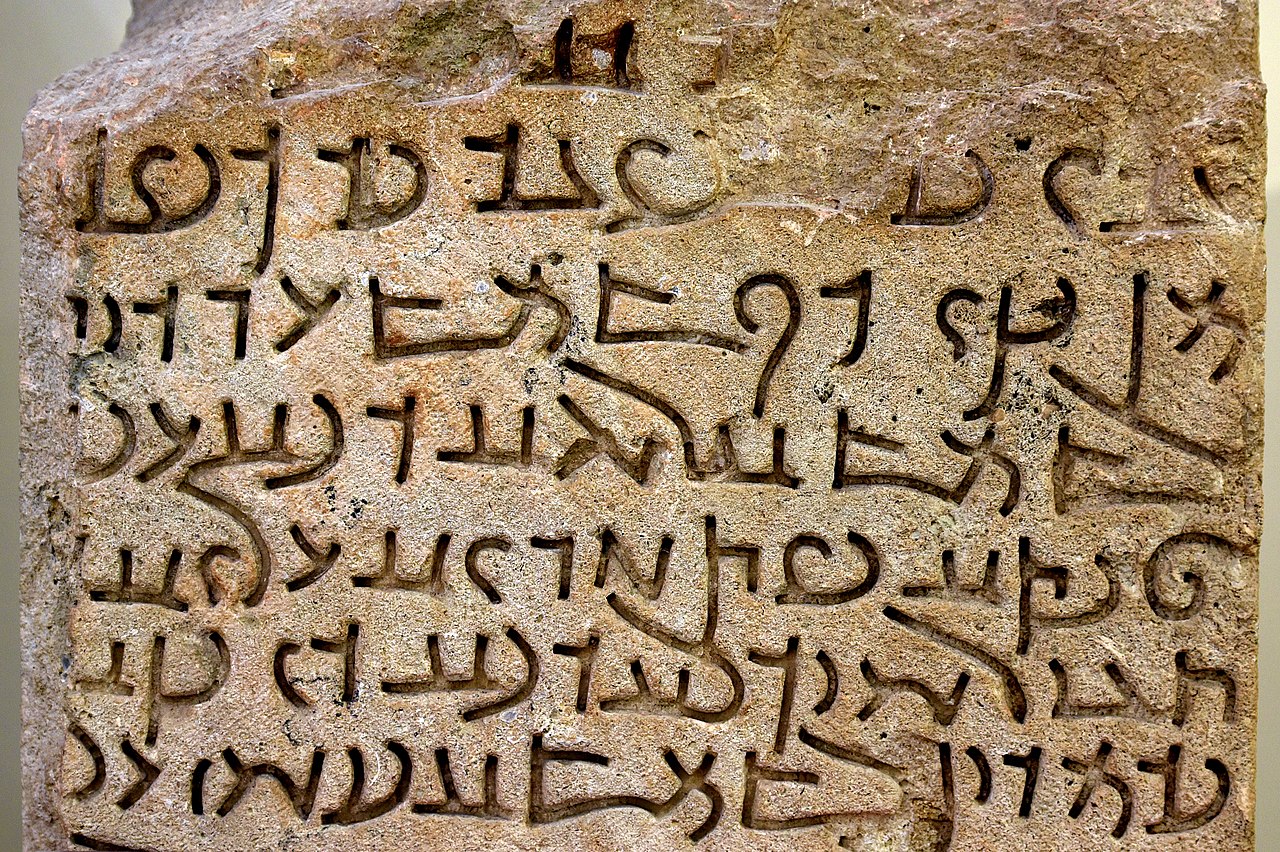When people think of Jewish languages, they often think first of Hebrew — the language of both the Bible and the modern State of Israel — and also Yiddish, the Jewish language of Eastern Europe. But the 3,000-year-old language of Aramaic was once one of the most significant Jewish languages. It is the language of Judaism’s other most sacred text, the Talmud, and in antiquity it was the lingua franca of some of the major empires, Assyrian and Persian. Aramaic was also the language spoken by Jesus and it is still in use (albeit among a very small population) today.
The wide reach and historical importance of Aramaic is reflected in the fact that some well-known Jewish words and expressions that are commonly thought to be Hebrew actually turn out to be Aramaic. The last word on this list — not usually thought of as a Jewish word at all — might really surprise you!
Abba
A lot of people think this word for “father,” used commonly in Israel and by Jewish families elsewhere, is Hebrew, but it is in fact Aramaic. The Hebrew word for father is av.
Ema
Like Abba, the word commonly used by Hebrew speakers for “mother” is actually Aramaic. The Hebrew word for mother is eim.
With your help, My Jewish Learning can provide endless opportunities for learning, connection and discovery.
Kaddish
The prayer for Jewish mourners is written entirely in Aramaic, and its name is also Aramaic, meaning “holy.”
Bar Mitzvah
This ceremony celebrates the passage of a young man into Jewish adulthood, when he becomes responsible for fulfilling his own commandments, or mitzvot. It literally translates as “son of the commandment” but the word for “son” is not Hebrew (that would be ben) but Aramaic, bar.
Netilat Yadayim
This is the prayer Jews say when washing their hands before eating. The word netilat is actually an Aramaic word which means to “take” or “place;” yadayim is Hebrew for a pair of hands.
Kol Nidrei
The opening service of Yom Kippur and the most attended Jewish service of the entire year is named for the first prayer recited on that holiday, just before the sun goes down. The Kol Nidrei prayer asks God to forgive coerced vows made in the previous year. Both the text of the prayer and its name are Aramaic.
Davka
This term of talmudic logic has made its way into English as one of those Jewish word with no perfect English translation. In the original Aramaic, it means something like “precisely” but its common usage, as an emphatic or sarcastic expression, means something like “in fact” or “for that reason.” It can also refer to something that is done out of spite.
Havruta
This Aramaic word for friend or fellow refers to a one-on-one study partner, especially for Talmud study.
Abracadabra
Everyone’s favorite magical incantation is actually quite ancient, and while the origin language is obscure the form sounds like the Aramaic expression avra k’davra which means “I create what I speak” — which is, pretty much, what a magician might say before pulling a rabbit (or rabbi?) out of a hat.



